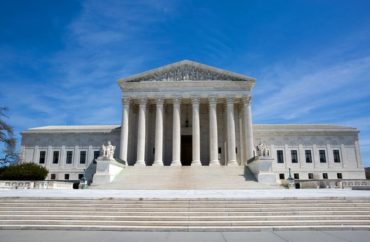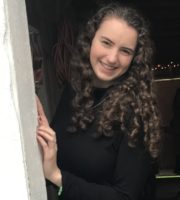
No ‘race-neutral’ alternatives could meet Harvard’s ‘educational goals,’ universities wrote
Ivy League universities have signaled support for Harvard University and the University of North Carolina at Chapel Hill as the Supreme Court prepares to begin hearings on affirmative action cases against both universities on October 31.
In a joint amicus brief filed with the Supreme Court for the case, Students for Fair Admissions, Inc. v. President and Fellows of Harvard College, 15 prestigious universities joined together in support of Harvard’s admissions practices, including all seven other Ivy League institutions.
Other signers included the University of Chicago, Carnegie Mellon University and Duke University.
“[Harvard’s] experience has demonstrated that the optimal means of creating a diverse student body—and thereby achieving Amici’s educational objectives— involves a limited consideration of race and ethnicity in admissions,” according to the brief.
“As the district court concluded in the Harvard trial, the evidence before the court ‘convincingly establish[ed] that no workable race-neutral alternatives [would yield] the level of racial diversity … necessary’ to achieve Harvard’s educational goals,” according to the brief.
The race-neutral admissions policy proposed by Students for Fair Admissions “would lead to a near 33% reduction in the number of African American students admitted, absent other admissions policy changes,” the brief stated.
The lawsuits, filed by Students for Fair Admissions, contend white and Asian-Americans students are unlawfully discriminated against as the universities use so-called holistic admissions approaches that favor Black, Hispanic and Native American applicants because of their ethnicity.
Students for Fair Admissions is a “nonprofit membership group of more than 20,000 students, parents, and others who believe that racial classifications and preferences in college admissions are unfair, unnecessary, and unconstitutional,” according to its website.
The Fix reached out to representatives at each of the 15 schools listed as parties in the amicus brief for comment in early September and again in October to ask what outcomes they foresee and how their own schools address questions of racial discrimination in the admissions process. It has not received a response.
Conservative legal scholars argue for the Court to end affirmative action
Some legal scholars have argued that the Supreme Court should strike down the use of affirmative action for admissions. The New Criterion compiled responses for an issue on the topic.
“There is no basis for this immunity in the Constitution; it’s simply a doctrine made up out of whole judicial cloth because courts don’t want to hear these kinds of suits,” University of Tennessee College of Law Professor Glenn Reynolds wrote. “But eliminating it would place both elected and unelected officials under considerably more pressure to follow the Constitution and the law.”
University of California Berkeley law professor John Yoo provided a history of Supreme Court cases that ended racial discrimination and argued that the same should happen this term.
Yoo wrote that he hopes the Court’s “misbegotten acceptance of express racial preferences in higher education” will soon end. “The Court has steadily banned racial discrimination in almost every other part of public life,” Yoo wrote for the New Criterion. He listed a number of past rulings that the Court should look to in his opinion.
MORE: Lobbying to keep affirmative action alive at Harvard in full swing
IMAGE: Steven Frame / Shutterstock





Please join the conversation about our stories on Facebook, Twitter, Instagram, Reddit, MeWe, Rumble, Gab, Minds and Gettr.